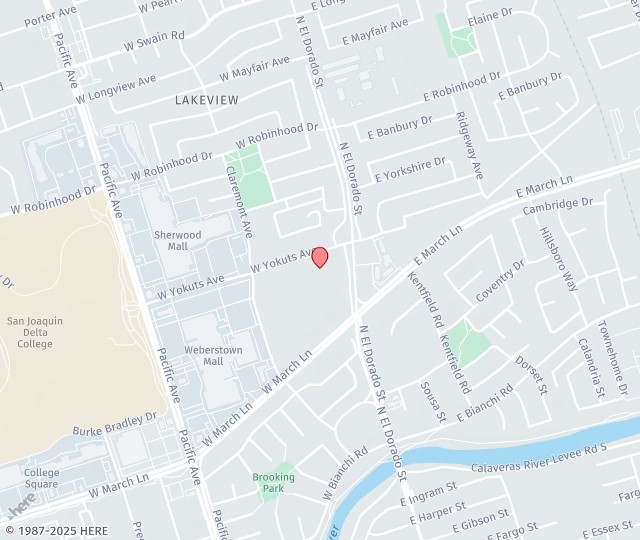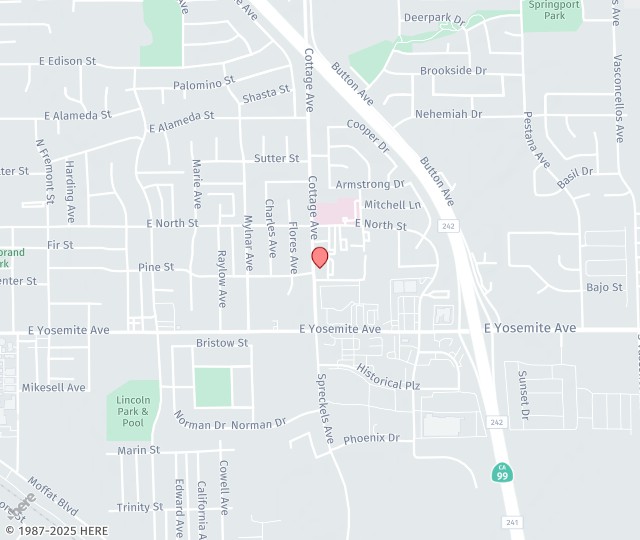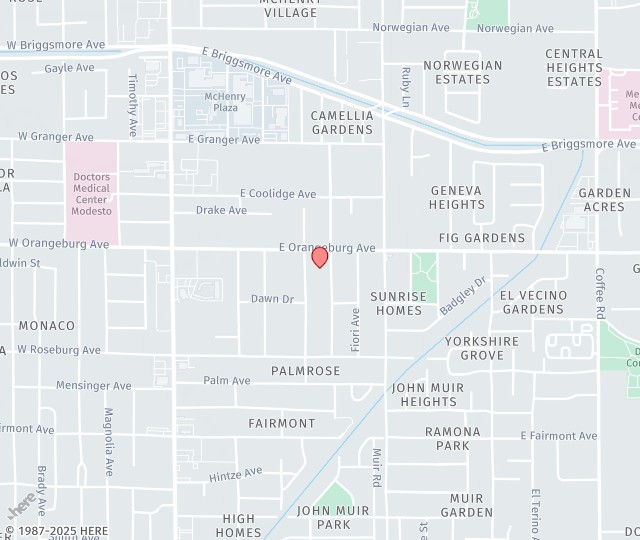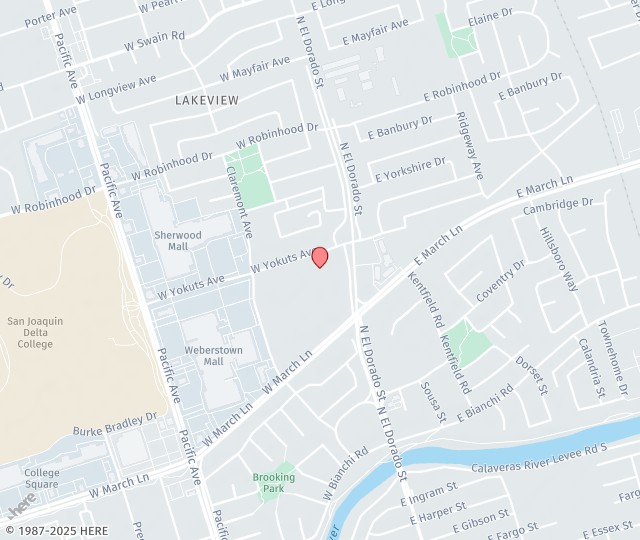See Better. Live Better
At Central Valley Eye we provide a full suite of glasses and contact lens options to ensure you see your best.

Experience Clear Vision Without Glasses!
There are so many different types of contact lenses available, it can seem overwhelming. Here at Central Valley Eye, our doctors are specially trained to ensure that you are fit into the right pair for you.
A variety of factors and measurements are considered by the optometrists at Central Valley Eye in the fitting process, so no matter what your contact lens needs may be, trust your eyes and vision to our team.
FAQs
If you already wear contact lenses, it is important that you have an eye exam at least once a year to check that there are no ill effects resulting from your contact lens use, and to update your contact lens prescription.
If it is your first time getting contact lenses with us, you should expect at least two visits to the clinic. Typically, your first visit will be longer and include a comprehensive eye exam to determine if you are a good candidate for contact lens wear. If you are, you will receive training and an initial contact lens fitting, which includes a set of contact lenses to take home and trial for approximately one week. It can take some time for your eyes to become accustomed to contact lenses, so don’t get discouraged if they are uncomfortable at first. At your second visit, your optometrist will evaluate the fit of the trial contact lenses, your vision, and the health of your eyes before ultimately prescribing you a year supply of contact lenses. If adjustments are needed, there may be additional follow-up visits required before a prescription is given.
There are many different contact lens options. Some of the categories of contact lenses include:
- Daily-, bi-weekly-, and monthly-wear contact lenses
- Astigmatism-correcting, single focus, or multifocal contact lenses
- Soft contact lenses and specialty/ custom-made contact lenses such as scleral lenses and rigid gas permeable (RGP) lenses
Our doctors will fit you in contact lenses to optimize your vision and to suit your lifestyle.
Although some brands of contact lenses market themselves as safe for sleeping, we strongly recommend against this practice. Sleeping in contact lenses greatly increases the risk of developing a problem of the cornea (the surface of the eye), which can be very serious and sight-threatening.
There are rare circumstances where a doctor will recommend that you wear a contact lens overnight, but only under their close supervision. Otherwise, it is strongly recommended that you do not sleep in your contact lenses.
Even the most contact lens-tolerant eyes need time each day without the contacts in place.Having a pair of glasses will allow you to continue seeing clearly when you are not wearing your lenses. Additionally, there may arise a medical situation in which you absolutely cannot wear your contacts, or must limit wear substantially. For these reasons, all contact lens wearers should have a backup pair of glasses.
Most supplemental vision insurance plans cover contact lenses, while medical insurance providers often do not. Check with your particular vision plan, or if you need help, feel free to call our optical shop for assistance.
We occasionally see patients that have purchased contact lenses that were not prescribed to them (costume lenses or non-prescription color-changing contact lenses). Unfortunately, these lenses are usually poorly fitted to patients’ eyes and have the potential to cause a variety of very serious eye problems. We strongly recommend against wearing any contact lenses that have not been prescribed by an expert in contact lenses (optometrist or ophthalmologist).
Monovision is when one eye is corrected for near vision and the other eye is corrected for far vision. For our middle-aged and older patients who wish to avoid reading glasses, one option is to be fit for monovision contacts lenses.



